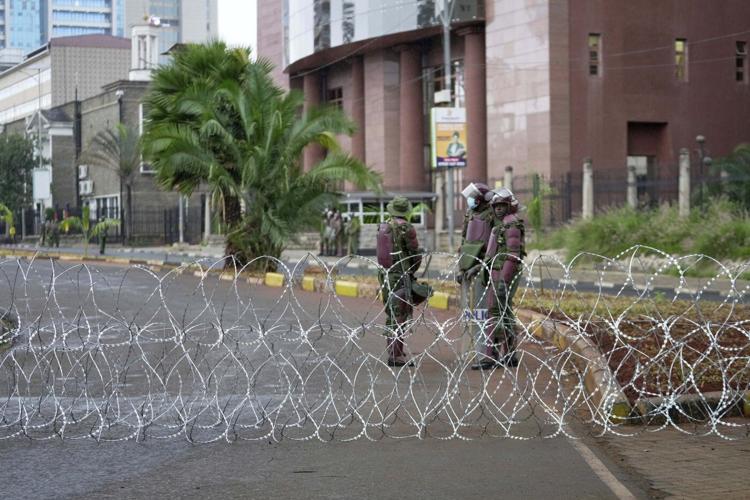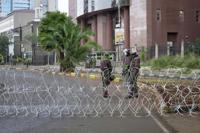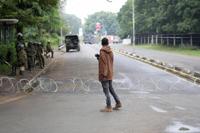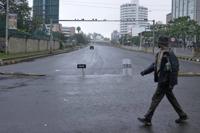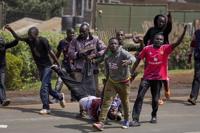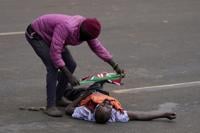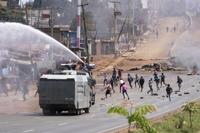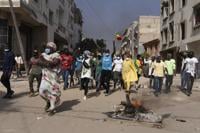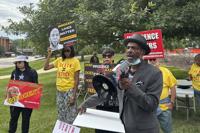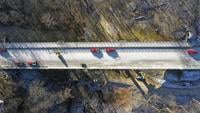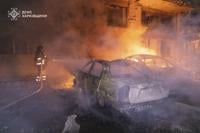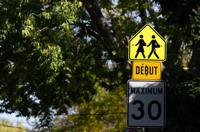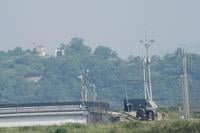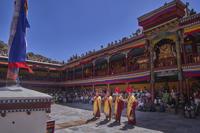NAIROBI, Kenya (AP) — Police in Kenya clashed with demonstrators Monday during anti-government protests as the authorities blocked major roads leading into the capital, Nairobi, and most businesses closed.
Protesters lit bonfires and hurled stones at police in roadblocks and police fired and hurled teargas canisters, injuring one demonstrator.
Associated Press journalists witnessed an injured person being carried by protesters who were chanting against police.
Kenyans had planned demonstrations on July 7 to protest , poor governance, and to demand over alleged corruption and the high cost of living.
July 7 , known as Saba Saba, is a significant date in Kenya’s recent history, marking the first major protests 35 years ago that called for a transition from a one-party state to a multiparty democracy, which was realized in the 1992 elections. Saba Saba is Swahili for Seven Seven, representing July 7.
Police officers were stopping private and public vehicles from accessing the city center. They were also blocking most pedestrians from entering the capital, only allowing through those deemed to have essential duties.
“There is no reversing the Gen Z Saba Saba-like spirit,” said Macharia Munene, professor of history and international relations at United States International University Africa in Nairobi. “Attempt to criminalize protests is reactive and will not work. It instead makes the government appear retrogressive and desperate enough to subvert the constitution.”
Public Service Minister Geoffrey Ruku had urged all government employees to report to work on Monday, insisting that the demonstrations would not disrupt public services.
Interior Minister Kipchumba Murkomen said on Sunday that the government would not tolerate violent protests and that police would be deployed to ensure public safety.
The roads leading to the country’s parliament and the president’s office were barricaded using razor wire.
In the outskirts of the city in Kitengela town, police fired tear gas Monday to disperse protesters who had lit bonfires on the road that connects to neighboring Tanzania.
“They have blocked the roads, blocking us from our work. I am a roadside vendor and I am supposed to get to town and buy merchandise to sell along the road," said protester Caleb Okoth. "What do they want us to eat? People are being beaten like dogs for protesting for their rights.”
The country has recently experienced a wave of violent demonstrations, initially sparked by calls for police accountability following the in police custody.
During protests on June 17, by police officers, further angering the public and prompting plans for additional demonstrations.
On June 25, at least 16 people were killed and more than 400 injured during against police brutality, which were timed to coincide with the one-year anniversary of anti-tax protests where over 60 people lost their lives.

